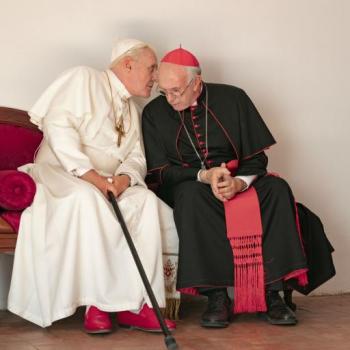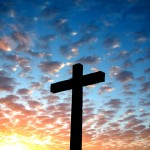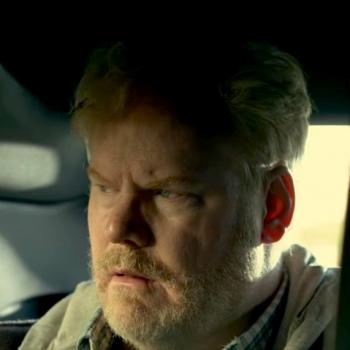The highly anticipated French film “Of Gods and Men” opened today in New York.
Part of the New York Times review:
In the 1990s, Algeria was gripped by a gruesome, protracted civil war between the government — which declared martial law after annulling elections it appeared to have lost — and a ruthless Islamist insurgency.
The country foundered in a state of terror, with beheadings, throat-slashings and large-scale massacres an almost daily feature of life. These grim circumstances provide the setting for “Of Gods and Men,” a beautiful, somber and rigorously intelligent new film by the French director Xavier Beauvois.
Though it takes place in the recent past, “Of Gods and Men” has an unmistakably timely resonance, evoking as it does both the messy wars on terror and the rebellions currently convulsing North Africa and the Middle East. And yet while it takes pains to be historically authentic, the film, closely based on the true story of a group of French Cistercian Trappist monks caught up (and ultimately killed) in the violence, also keeps an eye on less worldly, temporal concerns.
Courses on religion in cinema are a staple of the film studies curriculum, but movies that try to illuminate religious experience from within constitute a tiny and exalted tradition, in which Mr. Beauvois’s story of faith under duress clearly belongs. Its more-or-less recent peers include movies as diverse as Carlos Reygadas’s “Silent Light,” from Mexico, Philip Gröning’s sublime documentary “Into Great Silence,” Bruno Dumont’s “Hadewijch” and “The Apostle,” Robert Duvall’s acute and sympathetic study of the glorious contradictions of American Evangelical Christianity.
The eight monks in “Of Gods and Men” belong to a quieter tradition than Mr. Duvall’s spirit-stung preacher, devoting themselves to contemplation, service and humility. Their conversation is quiet, minimal and gentle, making the occasional spark of anger or glimmer of humor all the more notable. Ranging from sturdy middle age to elfin decrepitude, the monks spend their days tending bees, growing food and praying.
But they are nonetheless very much a part of everyday life in the village in the Atlas Mountains where their abbey has stood since the mid-19th century. They sell their honey in the local market and participate in rituals and celebrations with their Muslim neighbors.
One of them, Brother Luc (Michael Lonsdale), almost single-handedly runs a medical clinic, dispensing advice and hand-me-down shoes along with prescriptions.
Simplicity and charity may be central aspects of their mission, but the monks’ presence, as European Christians in a land of Arab Muslims, is part of a complicated political legacy, fraught with resentment and bad memories. France’s colonization of Algeria and the brutal war of independence that ended it cast their shadow over the monastery, and while the monks are not overtly trying to expiate the sins of colonialism, they are surely committed to healing its wounds.
Check out the rest. Personally, I can’t wait to see it. And below you will find the trailer for the film. Look for it coming to a theater near you.
http://www.youtube.com/watch?v=YWEIxzlKCgA











